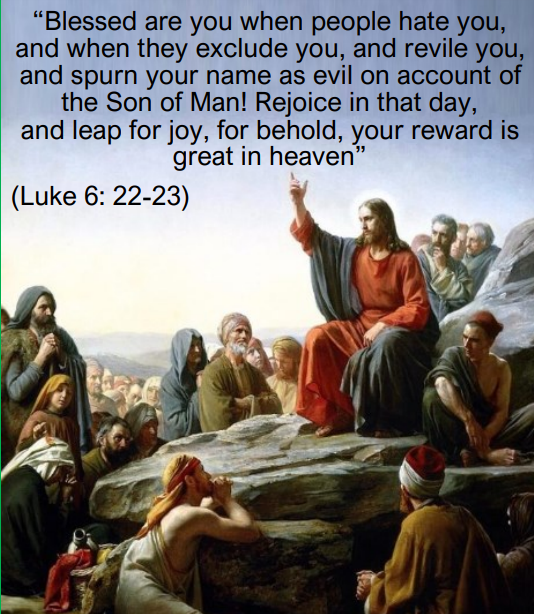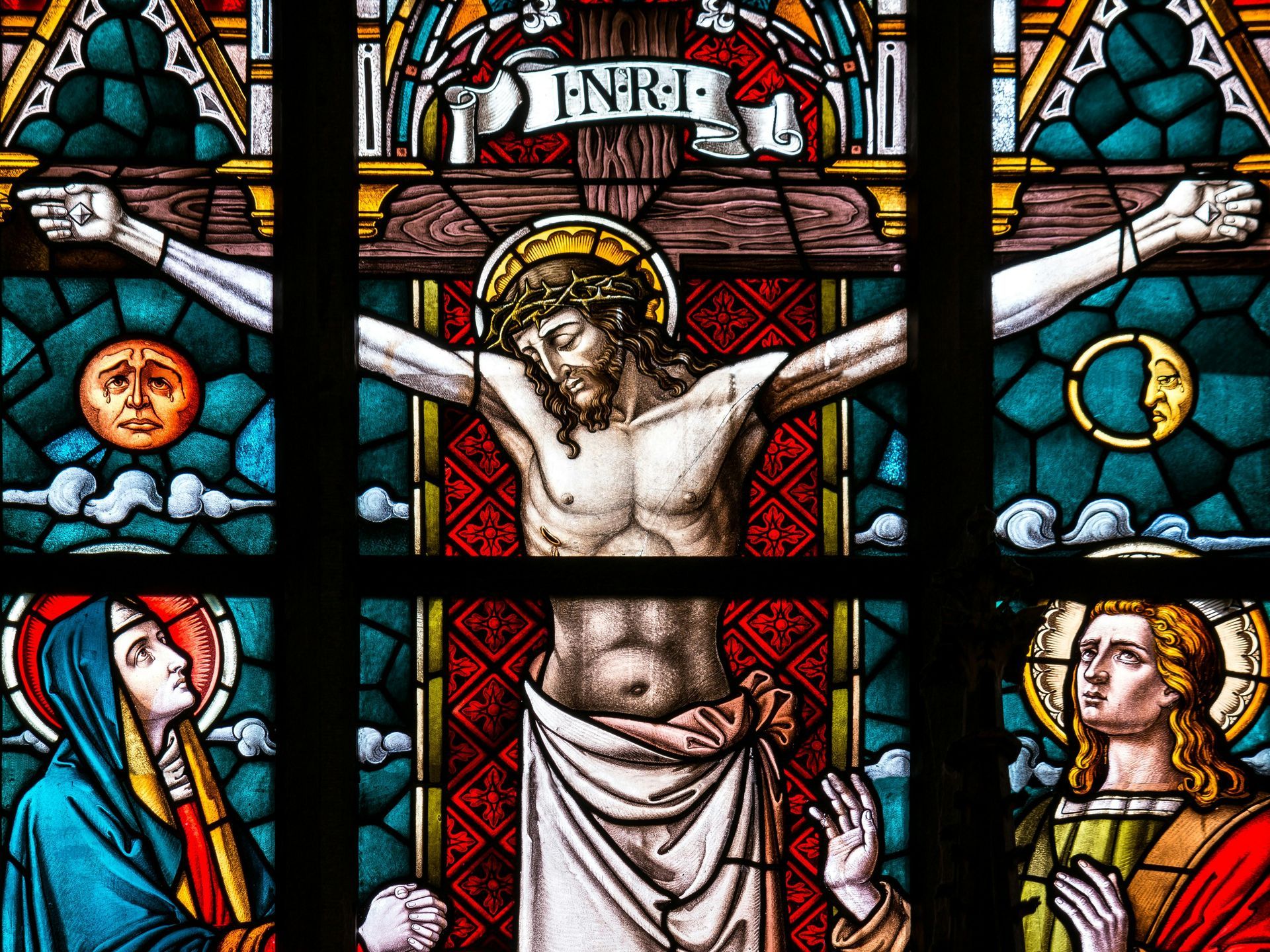
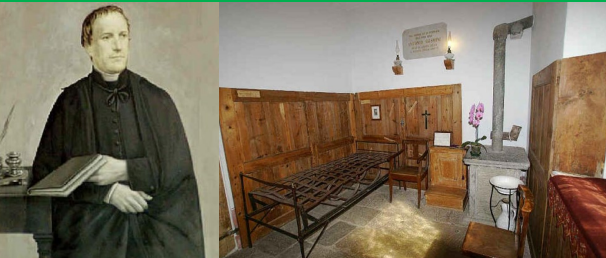

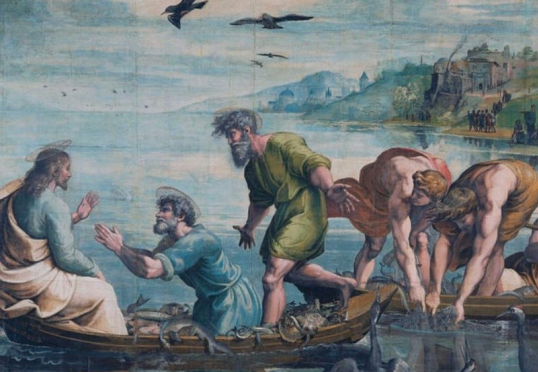


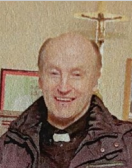
“My God, my God, why have you forsaken me?”
The fourth word symbolizes the sufferings of man abandoned by God. When Our Blessed Lord spoke this fourth word from the Cross, darkness covered the earth.
The reason was that the crowning crime of man, the killing of nature's Lord, could not pass without a protest from nature itself. If the soul of God were in darkness, so should be the sun which He had made. Truly, all was darkness! He had given up His Mother and His beloved disciple, and now God seemingly abandons Him. "Eli, Eli, lama
sabachthani?" It is a cry in the mysterious language of Hebrew to express the tremendous mystery of a God "abandoned" by God. The Son calls His Father, God.
In some strange, mysterious way His human nature seems separated from His Heavenly Father, and yet not separated, for otherwise how could He cry, "My God, My God?"
...so there was a kind of withdrawal of His Father's Face in the terrible moment in which He takes upon Himself the sins of the world. This pain and desolation He suffered
for each of us, that we might know what a terrible thing it is for human nature to be without God, to be deprived of a Divine Remedy and Consolation. It was the supreme act of atonement for those who abandon God, and those who doubt the presence of God. He atones first of all for atheists, for those who on that dark mid-day half believed in God, as even now at night they half believe in Him. He atoned also for those who know God, but live as if they had never heard His name; for those whose
hearts are like waysides on which God's love falls only to be trampled by the world; for those who have had faith and lost it; for those who once were saints and now are
sinners. It was the Divine Act of Redemption for all abandonment of God, for in that moment in which He was forgotten, He purchased for us the grace of never being forgotten by God. It was also the atonement for that other class who deny the presence of God, for all those Christians who abandon all effort when they cannot
feel God near them, for all who identify being good with feeling good...it was reparation for all the haunting questions of a doubting world: "Why is there evil?" "Why
does God not answer my prayers?" "Why did God take away my mother?"...and the reparation for all those queries was made when God asked a "why" of God.
(Excerpt from The Seven Last Words, by Venerable Fulton John Sheen, 1933, published by Our Sunday Visitor, Huntington, Indiana)


